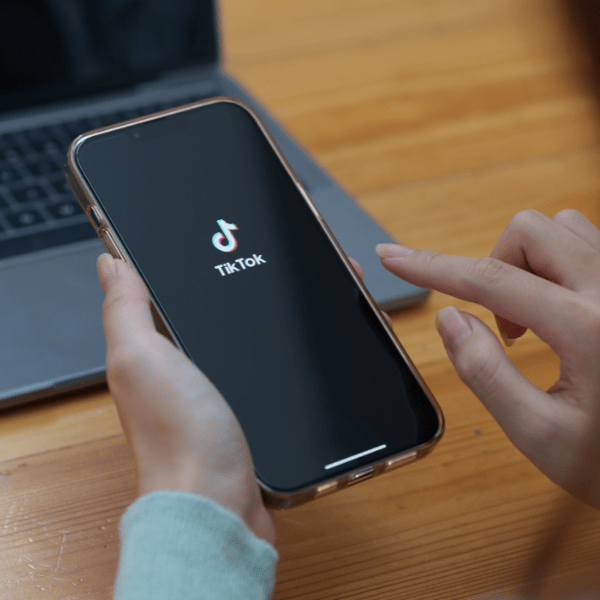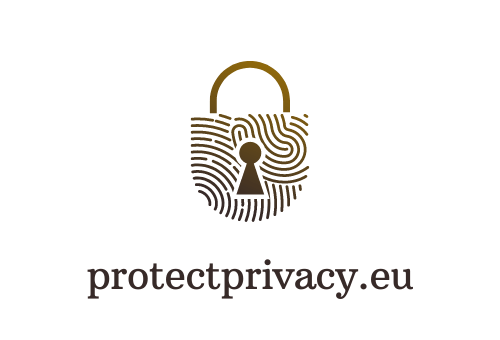TikTok faces restrictions in multiple countries over security concerns

TikTok, the popular short-video app owned by the Chinese company ByteDance, has been facing bans and restrictions in various countries over allegations that it poses a threat to national security and privacy.
The US government has imposed a limited ban on TikTok, prohibiting its use by federal employees on government-issued devices. The ban was part of a spending bill signed by President Joe Biden on Dec. 30, 2021. The bill cited concerns that TikTok could collect and share sensitive user data with the Chinese government or other foreign adversaries.
The US ban followed similar measures taken by other countries, such as India, Britain, Canada, the European Union, and New Zealand, which have also banned or restricted TikTok on official devices or networks. India was one of the first and largest markets to ban TikTok in mid-2020, along with 58 other Chinese-owned apps, claiming that they were secretly transmitting users’ data to servers outside India.
TikTok has denied any wrongdoing and has tried to distance itself from ByteDance and China. It has said that it does not share user data with any government and that it stores data of US users in the US and Singapore. It has also said that it operates independently from ByteDance and that it has established a US-based entity with a US CEO.
TikTok has also challenged some of the bans and restrictions in courts, arguing that they violate its rights and harm its business. It has also proposed various solutions to address the concerns of regulators, such as selling its US operations to a US company or creating a new entity with partial ownership by US investors.
However, none of these solutions have materialized so far, as they have faced legal, political, and technical hurdles. Meanwhile, TikTok continues to operate in most markets and remains one of the most downloaded apps in the world, with more than 1 billion monthly active users.
Sources: nytimes.com, nbcnews.com







